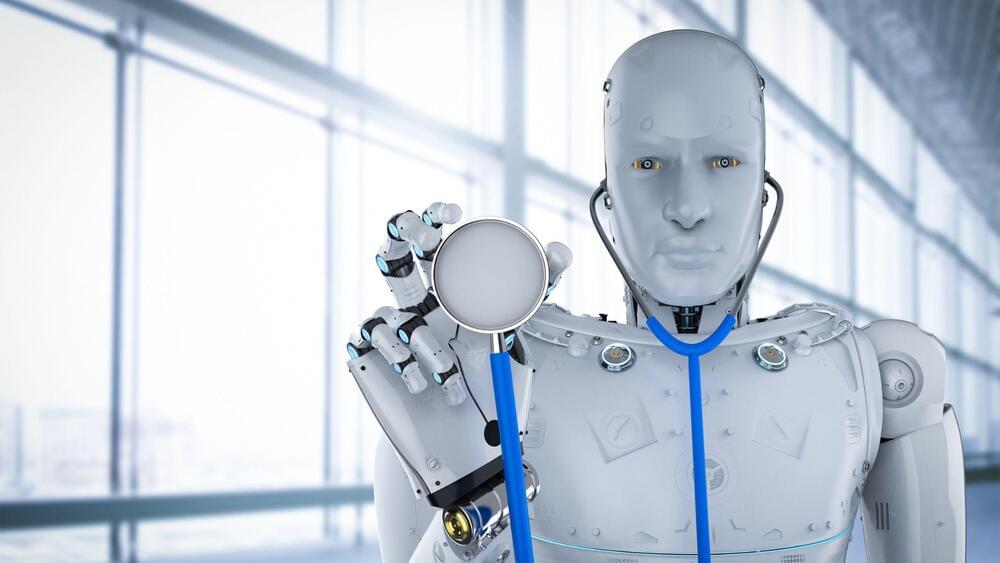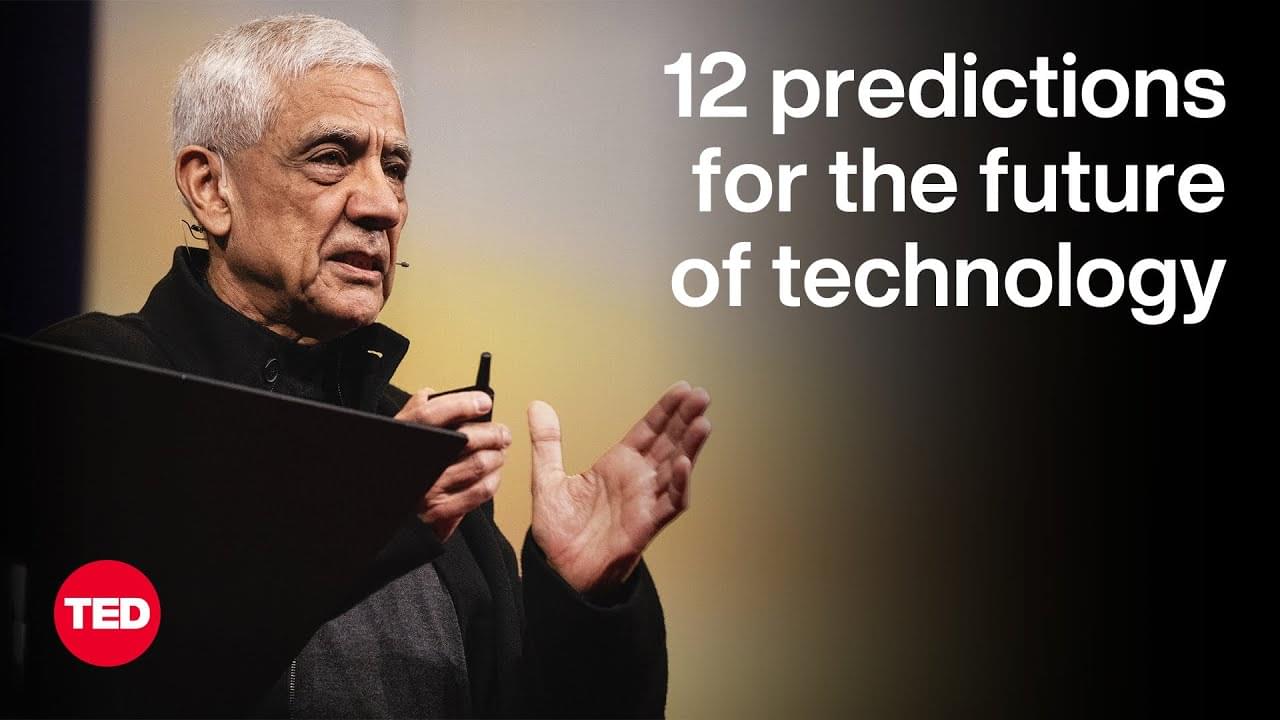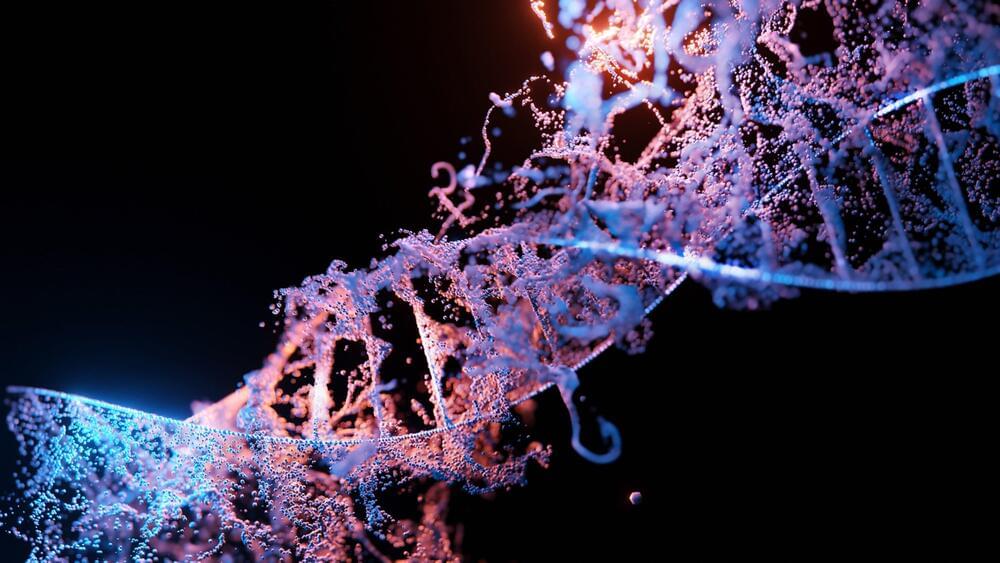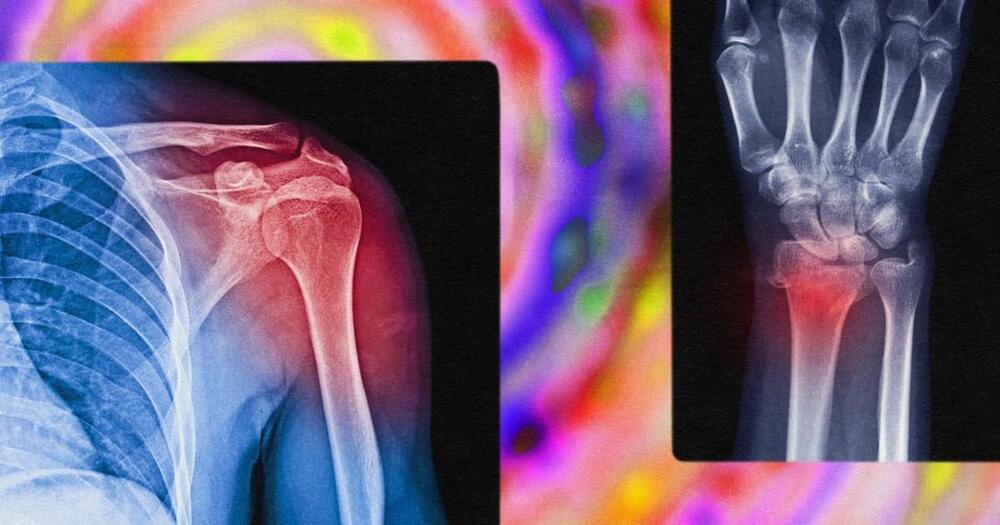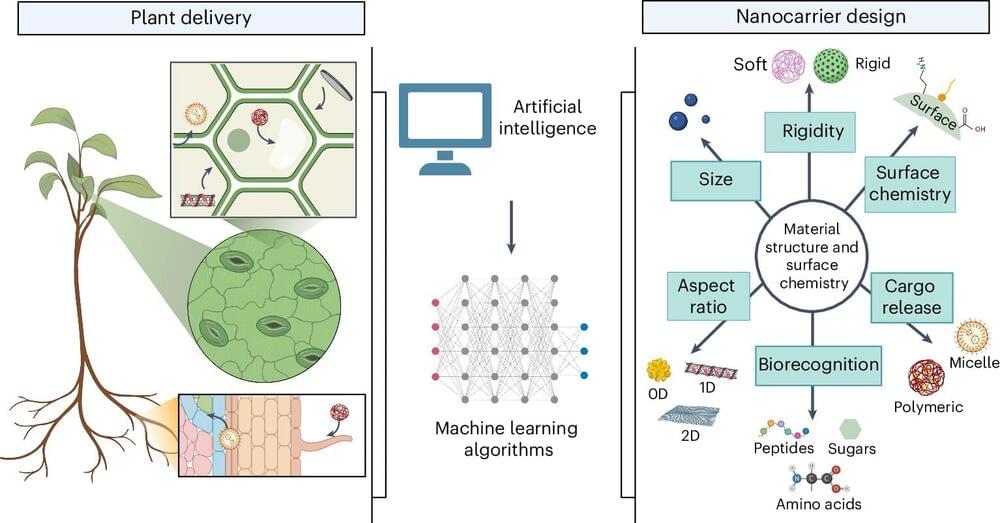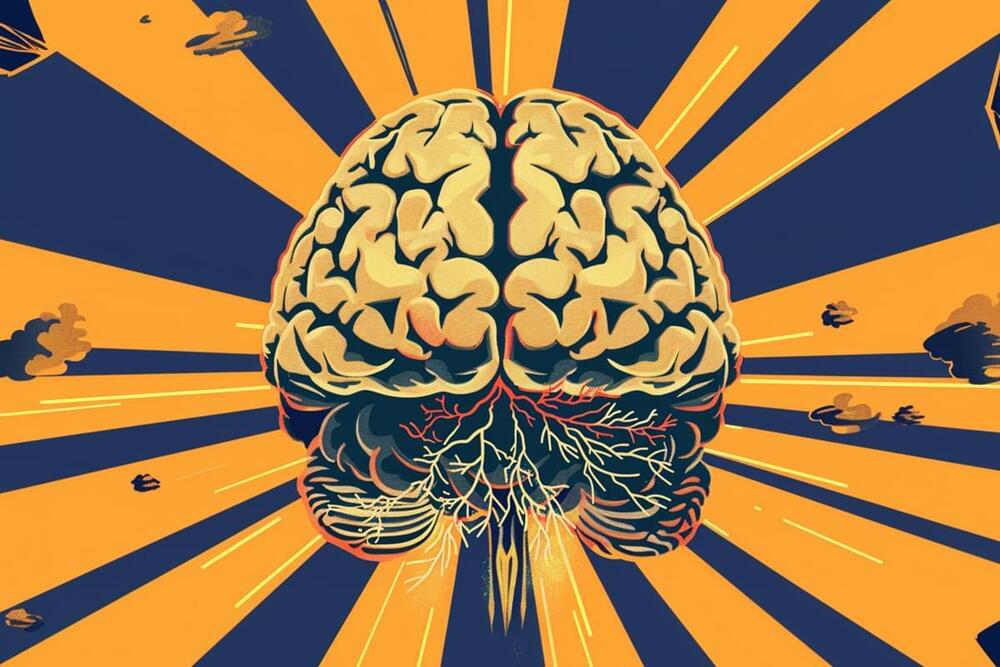Jun 8, 2024
China: Robot doctors at world’s 1st AI hospital can treat 3,000 a day
Posted by Michael LaTorra in categories: biotech/medical, robotics/AI
China’s first AI hospital, developed by Tsinghua University, features robot doctors capable of treating 3,000 patients daily, vastly outpacing human capacity.
These AI doctors, trained in a simulated environment, can diagnose and treat 10,000 patients in days, a task humans would need two years to…
China debuts an AI hospital town featuring AI doctors caring for virtual patients to advance medical consultation and evolve doctor agents.
